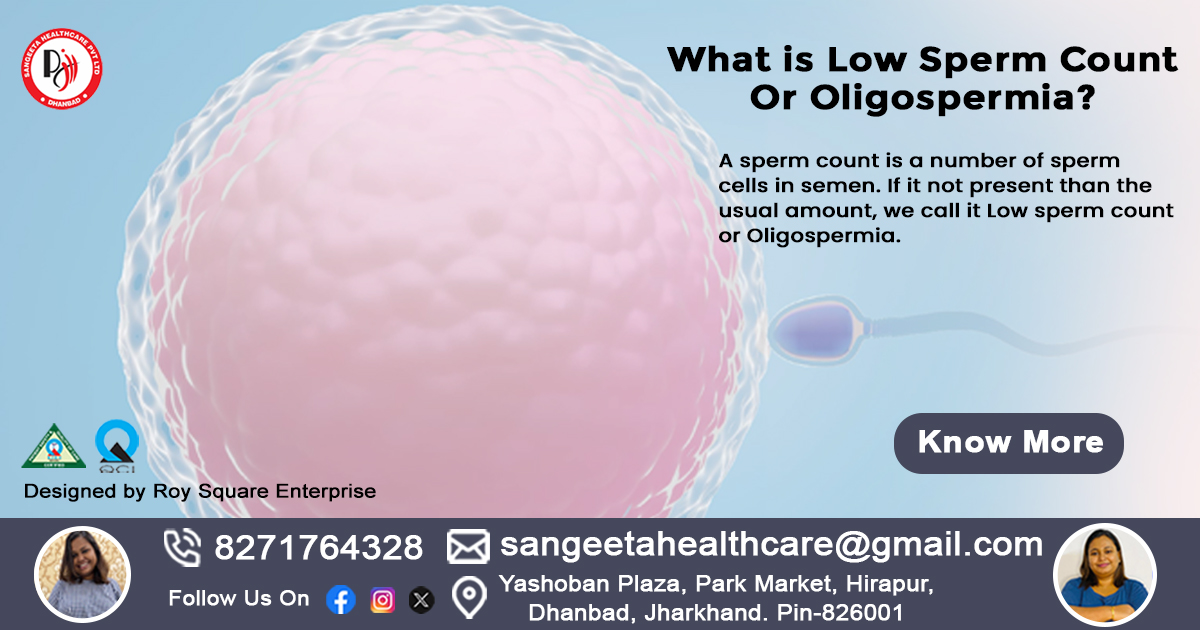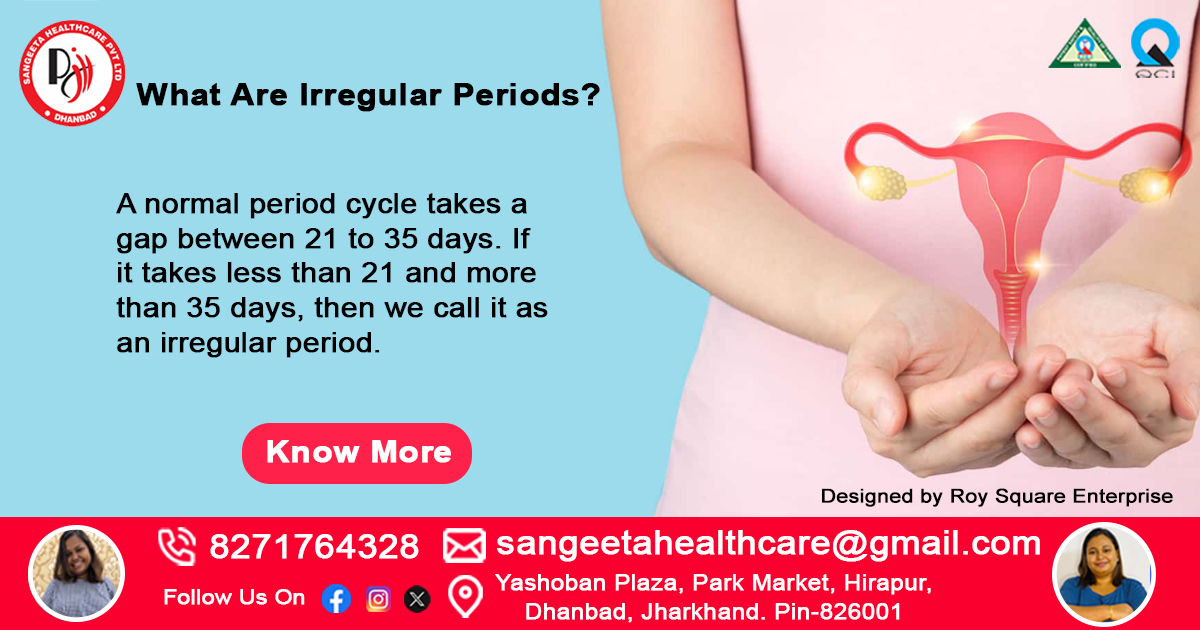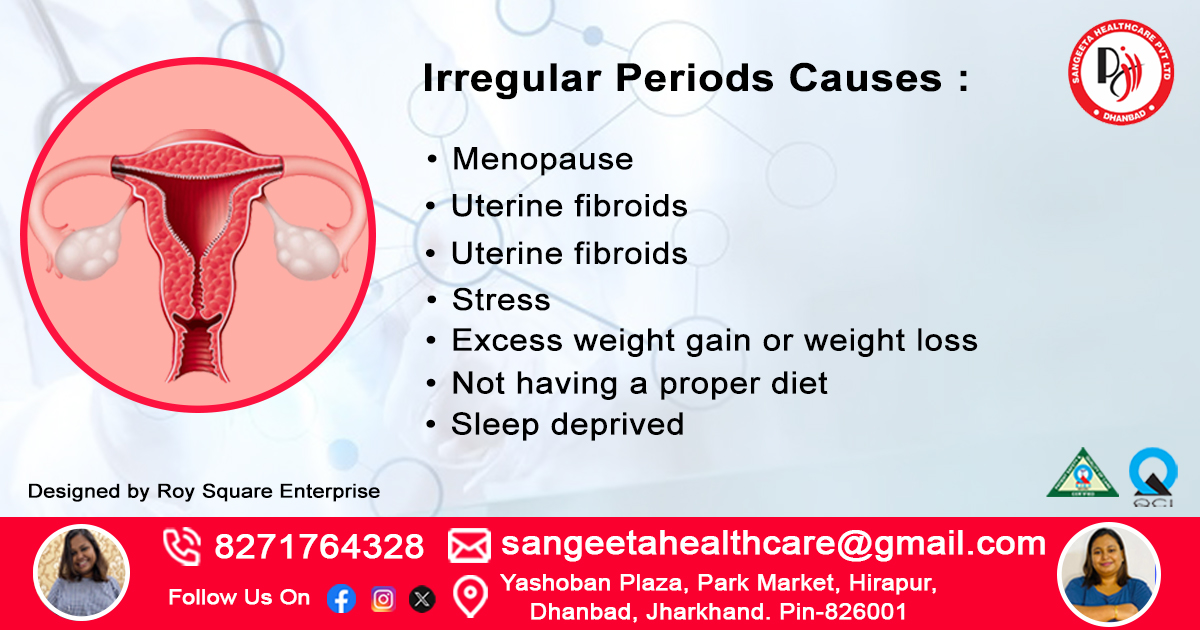What Is Low Sperm Count or Oligospermia? How It Impact Your Fertility Process?
A sperm count is a number of sperm cells in semen. If it is not present then the usual amount, we call it Low sperm count or Oligospermia. You may not figure out this condition of yours until you are trying for pregnancy. According to WHO (World Health Organization), 15 million sperm per milliliter of semen is average. If it goes below, it will be considered as Oligospermia or Low sperm count.
What Are The Symptoms of Low Sperm Count?
The most important symptom of low sperm count is infertility or unable to conceive. Other symptoms include here:
- Losing facial hair or body hair
- Pain or swelling in testicle area
- Painful ejaculation
- Decrease of sexual desire
- Sleep deprived
- Fatigue
- Weight changes
What Is The Causes of Low Sperm Count?
Low sperm count or Oligospermia can be caused by many factors, including:
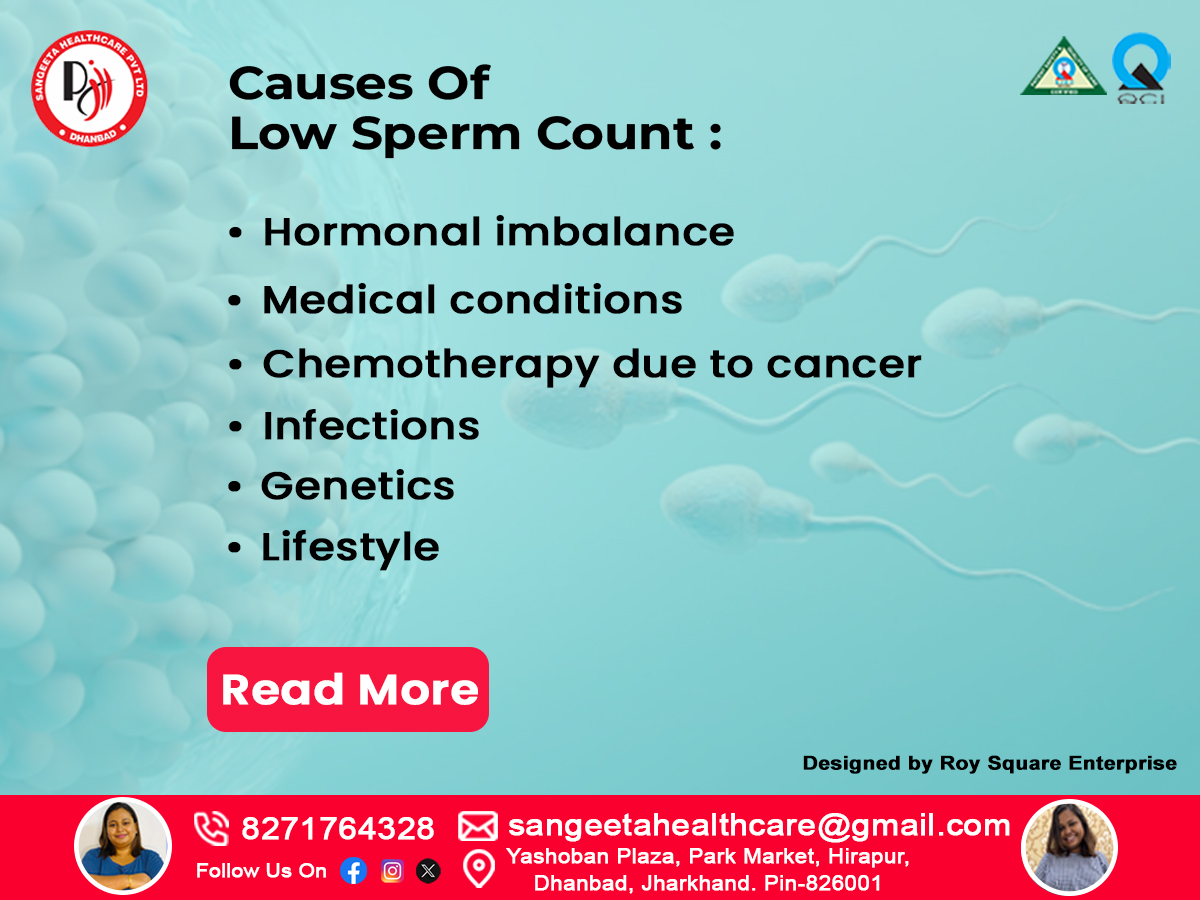
-
Hormonal imbalance:
Many hormones are responsible for producing a number of healthy sperms. Any changes in their balance can make it difficult to produce healthy sperm count. Hypothalamus and pituitary gland are two most important hormones for spermcount, so any changes of these hormone levels can affect your sperm count. Also,changes in testosteronelevel can also lead to low sperm count.
-
Medical conditions:
Some medical conditions including diabetes, thyroid disease, insulin resistance, hypertension, autoimmune diseasescan decrease the sperm count.
-
Chemotherapy due to cancer:
If you ever received chemotherapy due to cancer then it is risky for sperm count. Some chemo medications can totally disrupt your sperm production.
-
Infections:
Some infections can harm your sperm production. Sexually transmitted infections like HIV or others can affect your sperm count. Bacterial infections can also damage sperm cells.
-
Genetics:
Oligospermia can be genetic.Some disorders continue to sustain in your family, from parents to children. For example, Klinefeltersyndrome is a condition where your body can’t make enough amount of sperm due to low testosterone. They also have extra X chromosome. Normal people have 46 chromosome (46, XY), whereas they have (47, XXY). So, this condition can be genetic and you are most likely to be affected by it.
-
Lifestyle:
Certain lifestyle habits may be responsible for your low sperm count, like, alcohol consumption, smoking tobacco, obesity, sleep deprivation, junk foods, stress, depression etc.
How Low Sperm Count Is Diagnosed?
Then semen analysis is the first thing your doctor will ask for.They will check your semen under a microscope. Through this, they will check the existence of sperms. Your doctor will ask about your inherited conditions, health problems, illness, past surgeries etc. They may also query about your sexual habits. Otherneededtests to diagnosed low sperm count are-
- Hormonal tests
2.Scrotal ultrasound
3.Urinalysistest for retrograde ejaculation
4.Genetic tests
- Testicular biopsy tests
Treatment of Low Sperm Count
People who are worried about their low sperm count can rely on these treatments. Treatment of low sperm countin cludes:
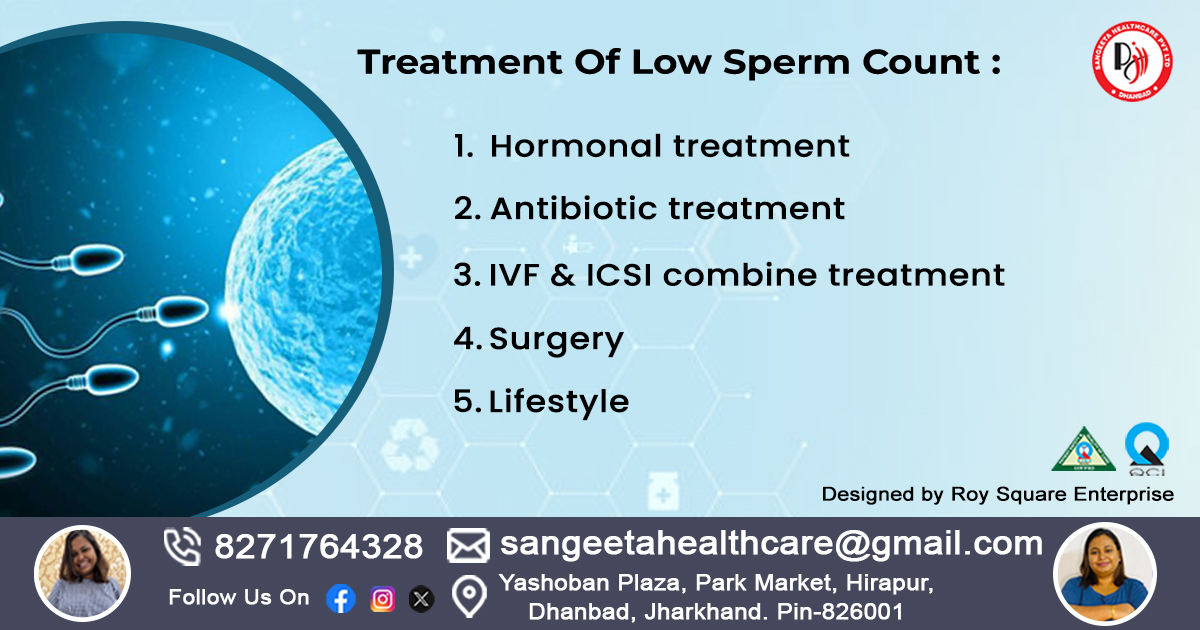
-
Hormonal treatment
For good sperm count your testosterone level and other hormone levels should be maintained. Doctors will suggest hormonal treatments for balancing your hormone levels, as it can help to stimulate your sperm production.
-
Antibiotic treatment
Bacterial prostatitis(inflammation of the prostate gland),Orchitis (inflammation of the testicles), Sexually transmitted infections like HIV can affect your sperm count. In this condition, antibiotics can clear it up.
-
IVF & ICSI combine treatment
In vitro fertilization and Intracytoplasmic sperm injection both are fertility-related treatments for females and males respectively. IVF is a procedure where with modern technology eggs are sperm are fertilized in a lab, and transferred it into the uterus, so that one can conceive.On other side, ICSI is a male fertility treatment. Here asingle sperm is directly injected into an egg, by passing the natural fertilization process. The combinetreatment of IVF with ICSI offers a promising solution so men who are willing for a baby can opt it.
-
Surgery
Sperm retrieval treatments can be done through surgery. So, surgery can be an option for the treatment of Oligospermia.
-
Lifestyle
Changes in lifestyle can help you a lot. Stay active, do exercise regularly, quit smoking, don’t take stress, maintain your weight, eathealthy foods. Drink plenty of water, takevitamin C, D and zinc. All of these can help you to boost your sperm count.
FAQ – Frequently asked questions
- What is low sperm count?
Answer: A sperm count is a number of sperm cells in semen. If it not present than usual amount we call it as low sperm count.
- What are the symptoms of low sperm count?
Answer: Infertility, low sex drive, testicular pain are the symptoms of Oligospermia.
- What causes low sperm count?
Answer: Hormonal imbalance, varicocele, infections, genetics, other illnesses are the causes of this.
- What is Oligospermia?
Answer: Oligospermia is a male fertility issue. It refers to low sperm count than usual in the fluid call semen.
- Does smoking affect your sperm count?
Answer: Yes, it does. Smoking can affect your sperm count.
- Is low sperm count can be a reason of difficulty in pregnancy?
Answer:Yes, it can affect your fertility and also cam delay your pregnancy journey.
- Does stress reduce sperm count?
Answer: Yes, stress can lead to low sperm count.
- Can a couple conceive with low sperm count?
Answer:Yes, they can but sometimes it may cause you delay. It vary person to person.


